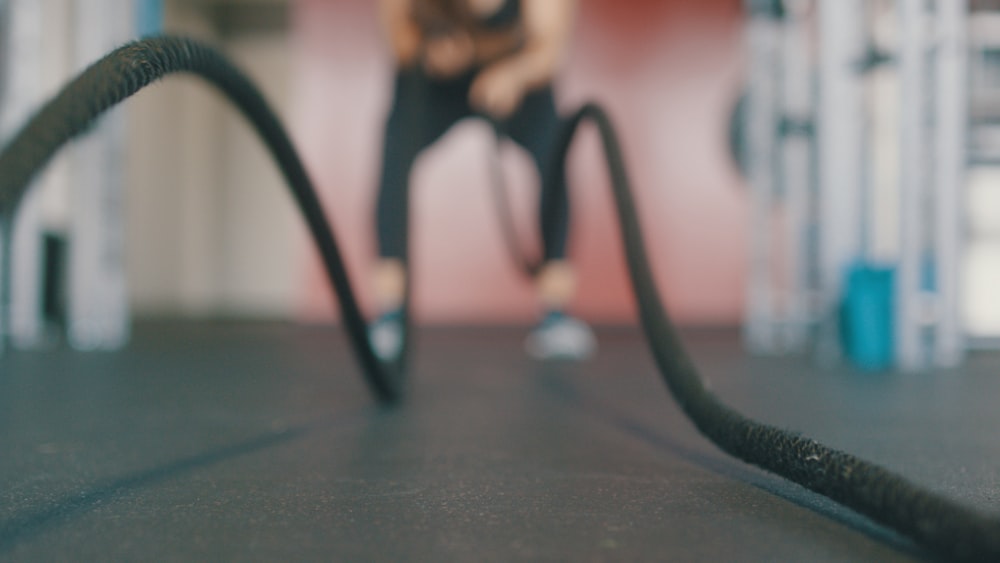
Optimizing Performance: Unveiling Sports Psychology Health Techniques
In the realm of sports, achieving peak performance goes beyond physical prowess. Sports psychology health techniques play a pivotal role in honing the mental aspects of an athlete’s game. Let’s delve into the intricacies of these techniques and understand how they contribute to overall well-being.
The Mind-Body Connection in Sports
Sports psychology is founded on the principle of the mind-body connection. Acknowledging that mental well-being significantly influences physical performance, athletes utilize psychological techniques to enhance their overall game. Techniques such as visualization and positive self-talk empower athletes to cultivate a winning mindset.
Stress Management for Peak Performance
Athletes often face intense pressure and stress, both on and off the field. Sports psychology health techniques provide effective stress management tools. Breathing exercises, mindfulness, and relaxation techniques help athletes control anxiety, ensuring they can perform at their best even in high-pressure situations.
Building Confidence through Mental Conditioning
Confidence is a cornerstone of athletic success. Sports psychology techniques focus on mental conditioning to build and sustain confidence. Athletes learn to overcome self-doubt, set realistic goals, and develop a resilient mindset that enables them to bounce back from setbacks.
Focus and Concentration Strategies
Maintaining focus and concentration during competition is a challenge for many athletes. Sports psychology equips them with strategies to stay in the present moment. Techniques like attentional control and pre-performance routines ensure athletes can concentrate on the task at hand, enhancing their overall performance.
Goal Setting for Long-Term Success
Setting clear and achievable goals is crucial in any sporting endeavor. Sports psychology emphasizes the importance of goal setting for long-term success. Athletes learn to establish both short-term and long-term goals, creating a roadmap for continuous improvement and sustained motivation.
Team Dynamics and Communication Skills
In team sports, effective communication and understanding team dynamics are paramount. Sports psychology techniques enhance interpersonal skills among team members. Improved communication fosters a positive team environment, leading to better collaboration and ultimately, improved performance.
Resilience in the Face of Adversity
Sports psychology instills resilience as a key attribute in athletes. Coping strategies for dealing with setbacks and failures are integral components of mental resilience. Athletes learn to view challenges as opportunities for growth, fostering a mindset that is essential for navigating the ups and downs of a sports career.
Sleep and Recovery Optimization
Rest and recovery are critical for an athlete’s overall health and performance. Sports psychology health techniques delve into optimizing sleep patterns. Techniques such as relaxation exercises and establishing bedtime routines contribute to better sleep quality, aiding in the body’s natural recovery processes.
Mindfulness in Training and Competition
Mindfulness, rooted in sports psychology, is gaining prominence for its benefits in both training and competition. Athletes are taught to stay present and fully engage in the current moment. This heightened awareness enhances performance and fosters a deeper connection between the mind and body.
The Role of Sports Psychology Health Techniques in Overall Well-Being
In recognizing the holistic impact of sports psychology health techniques, athletes can achieve not only peak performance but also overall well-being. Mental and emotional health are intertwined with physical prowess, creating a harmonious balance that contributes to a successful and fulfilling athletic journey.
To explore how Sports Psychology Health Techniques can elevate your athletic performance and well-being, visit healthcares.my.id. Embrace the power of the mind in optimizing your sports experience.














